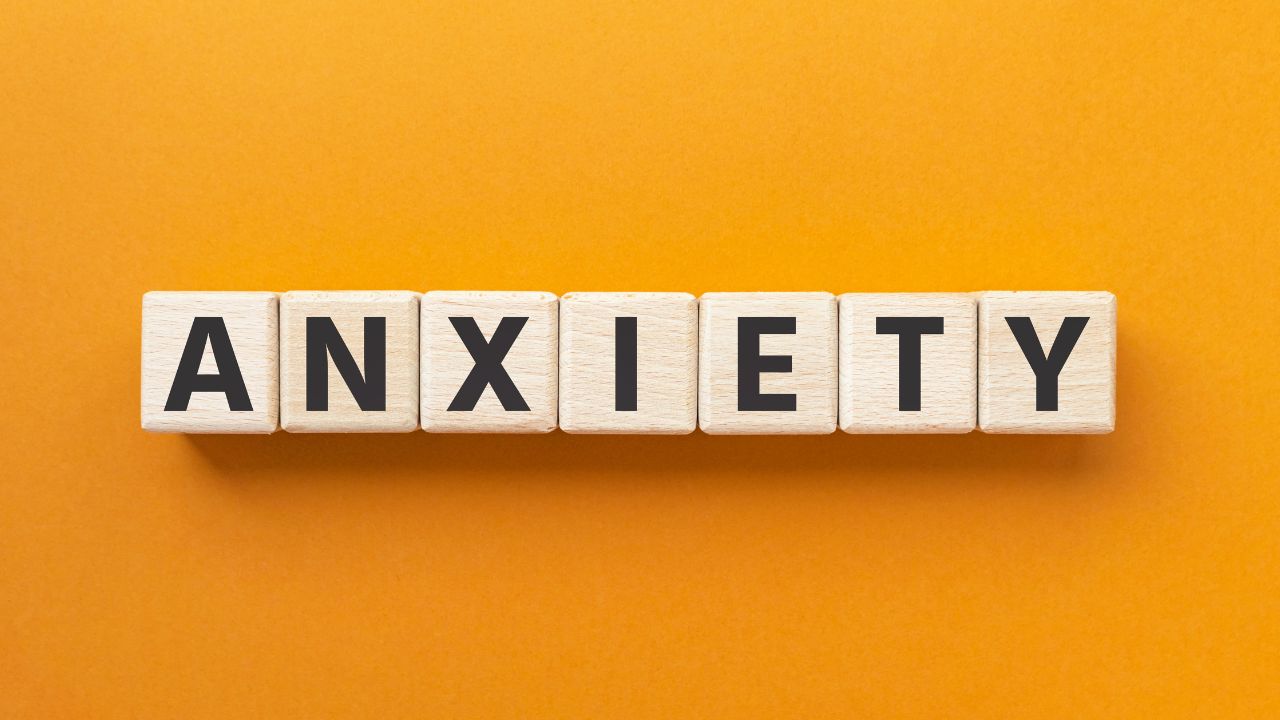Sovetplus.com – Stress has become an unavoidable part of modern life, but it doesn’t have to take control. One of the most effective and enjoyable ways to manage stress is through music. Whether you’re looking to unwind after a hectic day or seeking an outlet to process emotions, these 10 ways to reduce stress with music can make a profound difference in your mental and emotional well-being. Let’s explore how music can help alleviate tension and promote relaxation.
How Music Reduces Stress: The Science Behind the Sounds
Music’s ability to reduce stress isn’t just anecdotal; it’s backed by science. Studies show that listening to music stimulates the release of dopamine, a “feel-good” hormone, while reducing cortisol levels—the primary hormone responsible for stress. From classical symphonies to calming nature-inspired soundtracks, the right tunes can bring your nervous system into a state of balance.
The Benefits of Music for Mental Health
Music has far-reaching effects on mental health, enhancing mood, increasing focus, and lowering anxiety. People who incorporate music into their daily routines report feeling calmer and more centered. From aiding meditation to improving sleep quality, the benefits of music for mental health are numerous.
10 Ways to Reduce Stress with Music
1. Create a Relaxing Playlist
Compiling a playlist of soothing songs can provide instant relief when you’re feeling overwhelmed. Choose genres like classical, ambient, or acoustic to set a calming tone.
Benefits of a Personalized Playlist
- Improved mood: Familiar songs evoke positive emotions.
- Mindful listening: Helps focus on the present moment.
Pro Tip: Use platforms like Spotify or YouTube to curate playlists specifically designed for relaxation.
2. Practice Music Meditation
Music meditation combines the benefits of music with mindfulness practices. Simply close your eyes, focus on the melody, and let your mind relax.
Steps to Start:
- Choose instrumental music or nature sounds.
- Find a quiet space to sit comfortably.
- Take deep breaths while paying attention to the music’s rhythm.
This practice enhances your awareness and provides profound stress relief with music.
3. Play an Instrument
Learning to play an instrument isn’t just a fun hobby—it’s a powerful stress reliever. The process of creating music engages your brain and provides a distraction from worries.
How Playing an Instrument Helps:
- Enhances concentration and mindfulness.
- Promotes self-expression.
- Releases pent-up tension through physical activity.
4. Use Music for Better Sleep
Struggling with insomnia? Music can create the perfect environment for restful sleep. Slow-tempo songs (60-80 beats per minute) have been shown to synchronize with your heartbeat, promoting relaxation.
Tips for Better Sleep:
- Listen to calming tracks before bedtime.
- Keep the volume low to avoid overstimulation.
5. Try Guided Imagery with Music
Guided imagery involves listening to music while visualizing peaceful scenes, such as a serene beach or a lush forest. This combination works wonders for relaxation.
Benefits of Guided Imagery:
- Encourages creative visualization.
- Helps you mentally “escape” stressful situations.
6. Explore Music Therapy
Music therapy is a clinically proven approach to addressing emotional and psychological challenges. A trained therapist uses music interventions to improve your mental health.
Who Can Benefit:
- Individuals dealing with anxiety or depression.
- People recovering from trauma.
7. Dance to Your Favorite Tunes
Dancing combines the stress-relieving benefits of music with physical exercise. It’s an enjoyable way to release endorphins and shake off tension.
How to Get Started:
- Put on upbeat music that makes you want to move.
- Don’t worry about technique—focus on having fun!
8. Incorporate Music into Workouts
Pairing music with exercise boosts motivation and endurance. Fast-paced songs can energize you, while slower tracks are ideal for yoga or stretching sessions.
Benefits:
- Keeps you motivated.
- Reduces workout-related stress.
9. Use Music Apps for Stress Relief
Several apps are designed specifically for relaxation and stress management through music. They offer curated playlists, white noise, and other audio features.
Popular Apps to Try:
- Calm: Ideal for sleep and meditation.
- Headspace: Features guided meditations with music.
- Spotify: Offers stress-relief playlists.
10. Sing Along to Your Favorite Songs
Singing releases tension and boosts your mood by increasing oxygen flow to your brain. It’s also a great way to connect with others if you enjoy group singing or karaoke.
Why Singing Works:
- Increases feel-good hormones.
- Provides a cathartic emotional release.
Stress Relief with Music: Tips for Everyday Use
Incorporating music into your daily routine doesn’t have to be complicated. Here are a few tips:
- Morning boost: Start your day with upbeat music.
- Midday calm: Take short breaks to listen to calming tracks.
- Evening unwind: Use soft melodies to transition into relaxation mode after work.
Conclusion: Unlock the Power of Music for Stress Relief
Music is more than just entertainment—it’s a powerful tool for managing stress and improving your mental health. By experimenting with these 10 ways to reduce stress with music, you can create a personalized approach to relaxation that fits seamlessly into your life. Whether through meditation, dancing, or guided imagery, let music be your companion in the journey toward peace and balance.
Start today by building your stress-relief playlist and experiencing the transformative power of music!






